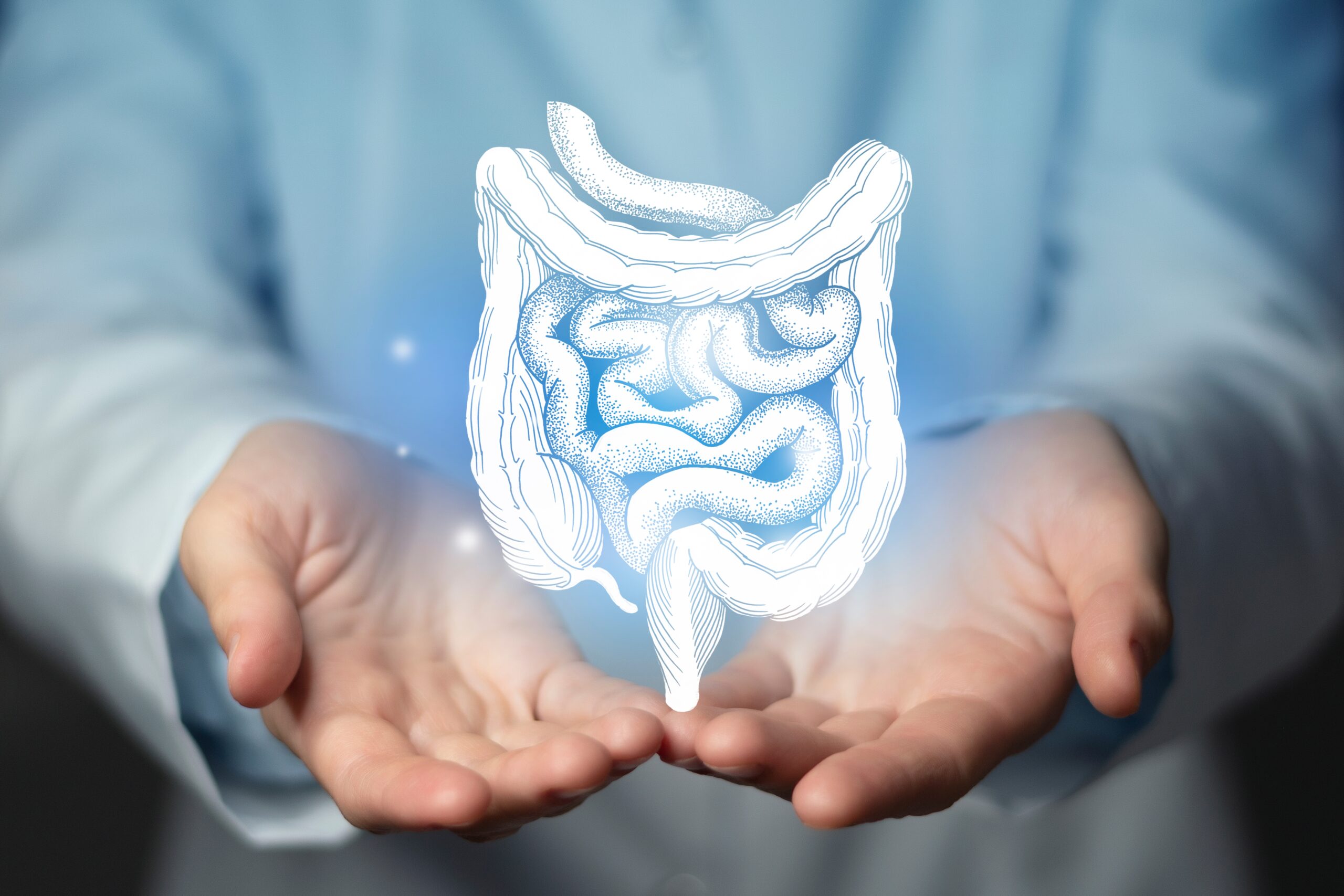Table of Contents

Recent studies reveal probiotics may do more than just aid digestion—they could be key allies in managing stress, anxiety, and fatigue through the fascinating gut-brain connection.
At a Glance
- The enteric nervous system (ENS) or "brain in the gut" communicates directly with our central nervous system, potentially affecting mood and emotional states
- Up to 40% of people experience functional bowel problems, with research suggesting gut irritation may trigger mood changes
- Probiotics, especially Lactobacillus strains, may help treat anxiety by encouraging beneficial gut bacteria growth
90% of serotonin (a mood-regulating neurotransmitter) is produced in the digestive tract - Studies show probiotics can reduce negative mood after just two weeks of consumption
Understanding the Gut-Brain Connection
The relationship between our digestive system and mental health is more profound than previously understood. Scientists now recognize that the gut houses its own complex nervous system, called the enteric nervous system (ENS). This "second brain" works independently but also communicates constantly with our central nervous system, creating a two-way street of information between gut and brain. This connection helps explain why digestive issues often coincide with psychological symptoms.
The statistics are striking: between 30% and 40% of people experience functional bowel problems at some point in their lives. Research increasingly suggests that gastrointestinal irritation may send signals to the brain that trigger mood changes, contributing to conditions like irritable bowel syndrome (IBS), depression, and anxiety. This understanding has opened new treatment pathways that target both digestive and mental health simultaneously.
How Probiotics Influence Mental Wellness
Probiotics – beneficial bacteria that support gut health – are emerging as potential tools for improving mental wellness. The gut produces many of the same neurotransmitters that regulate mood in the brain, including serotonin, dopamine, and gamma-aminobutyric acid (GABA). Remarkably, about 90% of the body's serotonin, which helps regulate mood and happiness, is produced in the digestive tract, not the brain.
Studies have found that anxiety is linked to decreased diversity in gut bacteria. By introducing probiotics, particularly Lactobacillus strains, researchers have observed improvements in anxiety symptoms. These beneficial bacteria encourage a healthier gut microbiome balance, which appears to have downstream effects on stress response and emotional regulation. Probiotics may also help reduce systemic inflammation, which can negatively affect brain function and contribute to anxiety.
Let’s dive deeper into the gut-brain connection, focusing on the science, some standout studies, and the role of diet. Buckle up—this gets nerdy but cool.
The Science Behind It
The gut-brain axis is a two-way street involving three main systems:
1. Neurological: The vagus nerve…— HousemadeHealth (@HousemadeHealth) February 21, 2025
Evidence Supporting Probiotics for Mental Health
Research into probiotics' mental health benefits is growing rapidly. A notable study found that consumption of Lactobacillus plantarum P-8 alleviated stress and anxiety symptoms in adults, with changes in microbial diversity directly linked to stress relief. Another study showed Alzheimer's patients experienced improved cognitive scores after consuming probiotics, suggesting benefits beyond mood regulation.
A particularly interesting study published in Nature found that probiotics specifically reduced negative mood over time without affecting positive mood. Participants who consumed a multispecies probiotic showed improvements after just two weeks, highlighting the potential for probiotics to benefit mental health in the general population, not just those with clinical conditions. This timeframe is comparable to many antidepressant medications, which often take several weeks to show effects.
Practical Ways to Incorporate Probiotics
For those interested in exploring probiotics for mental wellness, several practical options exist. Fermented foods provide natural sources of beneficial bacteria, including sauerkraut, kimchi, Greek yogurt, kefir, pickles, and kombucha. These foods not only deliver probiotics but often contain additional nutrients that support overall health. For those who find consuming fermented foods challenging, probiotic supplements offer a convenient alternative.
It's important to note that our understanding of probiotics is still developing. As one expert candidly explains, "Our understanding of probiotics is really rudimentary. Basically, we know there are germs in the gut, and we know that they are doing something... We just have a crude idea." While results are promising, individuals should maintain realistic expectations and consult healthcare providers, especially when dealing with significant mental health challenges.
The Future of Probiotics in Mental Health Care
Research on probiotics and mental health represents an exciting frontier in integrative healthcare. As studies continue to explore specific bacterial strains and their effects on the brain, we may see more targeted probiotic therapies developed for particular mental health conditions. The gut-brain axis provides a holistic framework for understanding how our digestive health influences our mental wellbeing—and vice versa.
While probiotics shouldn't replace established treatments for serious mental health conditions, they may offer a complementary approach that addresses both physical and mental wellness. With minimal side effects and potential benefits beyond mental health, probiotics represent a promising addition to the toolkit for managing stress, anxiety, and fatigue in our increasingly stressful world.
